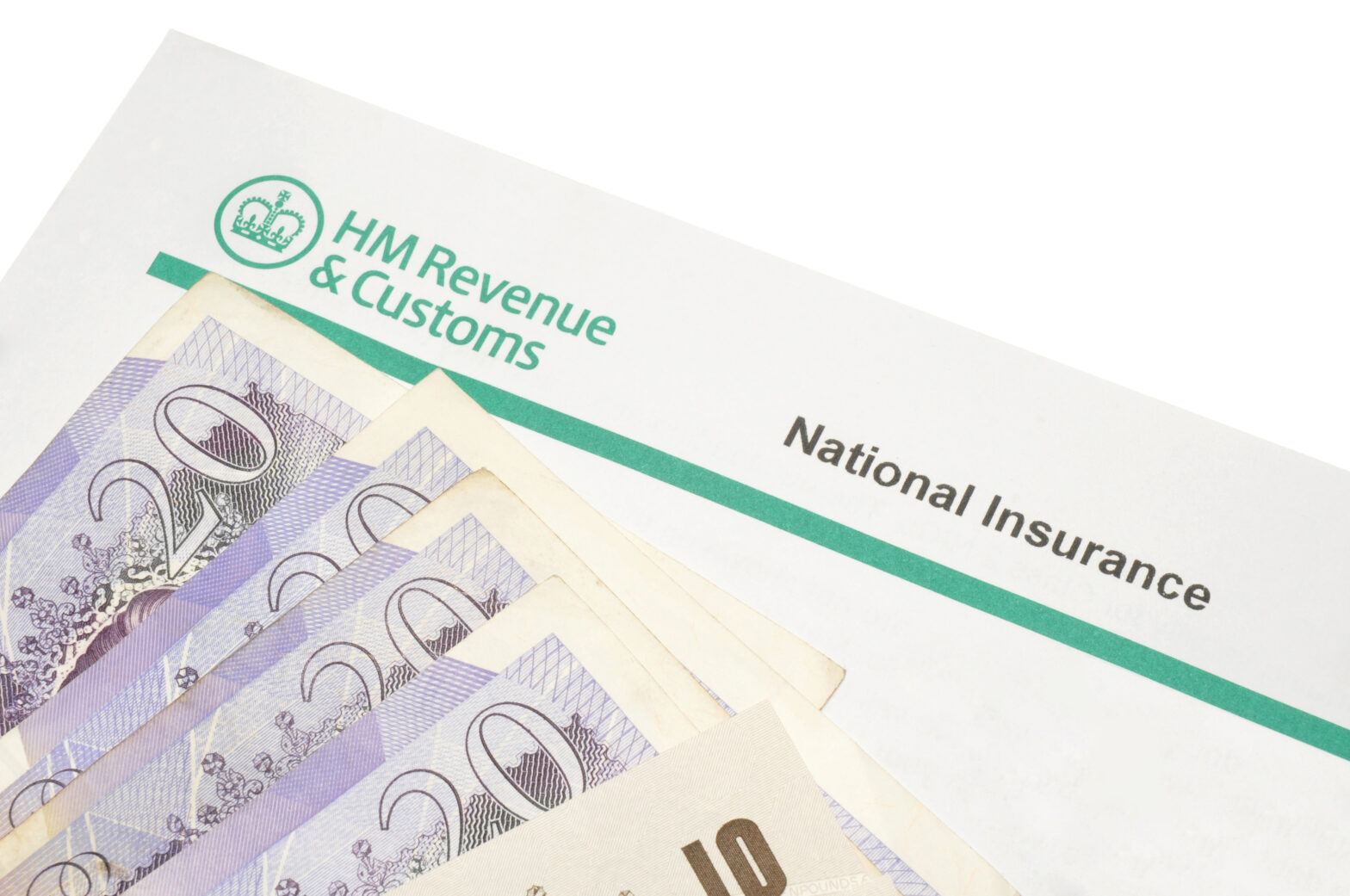Robin Williamson, LITRG technical director, says that because the self employed do not get sick pay or automatic enrolment into a pension scheme, their NI contributions are important to help them to secure the state pension and other state benefits.
‘The Chancellor announced NI contributions will change for the self employed, and this may mean that many self-employed people with low profits will have to pay more,’ Williamson says.
‘Some transitional protection has been promised for those on lower incomes but we remain concerned that if these contributions become unaffordable, people will not make them and will not accrue rights to contributory benefits. Ultimately, this will put more pressure on the state to provide non-contributory benefits.’
Currently all self-employed people are liable to pay Class 2 and Class 4 NI contributions, depending on their level of profits. Class 2 contributions go towards providing state retirement pension, maternity allowance, bereavement benefits and contributory Employment & Support Allowance. Class 4 NI contributions provide no such entitlement to contributory state benefits.
Class 2 NI is payable at the rate of £2.80 per week for those earning more than £5,965 in the year. Crucially, for those who earn less than that sum, they are able to voluntarily pay Class 2 NI contributions to secure those state benefits, if they wish.
From April 2018, the government intends that entitlement to these state benefits will be accessed through paying Class 3 and Class 4 NI contributions. Class 3 NI contributions are currently £14.10 per week, significantly more expensive than Class 2 NI.
While the new rates have not been announced the fact that it was stated ‘There will be provision to support self-employed individuals with low profits during the transition’ implies that the cost of Class 3 NI will be significantly higher than the cost of Class 2 NI.
Williamson adds, ‘We urge government to ensure that the transitional arrangements they put in place mitigate the cost of the changes to the low-earning self employed.’





